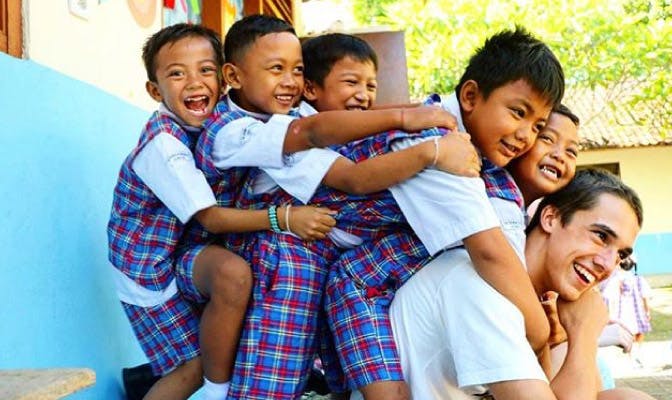Gap Year Volunteer Programs Create Lasting Social Impact

Gap year volunteer programs offer young individuals a structured and impactful way to use their time between academic phases. While personal growth is a major component, Gap Year Volunteer Programs are also increasingly designed to generate meaningful and sustainable social impact. By contributing to local communities around the world, participants become active agents of change, helping to address social, environmental, and humanitarian needs.
Supporting Long-Term Community Goals
One of the defining features of gap year volunteer programs is their alignment with long-term community objectives. These programs typically partner with local organizations or grassroots initiatives that have a deep understanding of their region’s needs. Volunteers work within these frameworks, ensuring their contributions are relevant, appropriate, and guided by the expertise of local leaders.
From assisting with education and health awareness campaigns to participating in conservation or infrastructure projects, students support ongoing work that continues beyond their stay. This structured approach helps prevent the short-lived effects sometimes associated with uncoordinated volunteering efforts and ensures lasting benefits for host communities.
Contributing to Sustainable Development
Many volunteer programs incorporate elements of the United Nations Sustainable Development Goals (SDGs), such as quality education, clean water, gender equality, and responsible consumption. Students may teach in under-resourced schools, help install sanitation systems, or support women’s cooperatives working toward financial independence.
These projects do more than offer temporary help—they foster empowerment. Volunteers often assist in capacity-building efforts that help individuals and communities gain tools for self-reliance. When volunteers exit the program, the community continues progressing with new knowledge, skills, or infrastructure that has a durable impact.
Encouraging Cultural Exchange and Understanding
Social impact also emerges from the relationships formed between volunteers and local residents. Through shared experiences, conversations, and cooperation, mutual understanding grows. Cultural exchange becomes a two-way process—volunteers learn from the people they serve while also sharing their own backgrounds.
This exchange helps reduce stereotypes and misconceptions, creating global citizens who are more thoughtful, respectful, and informed. The empathy developed through this exposure can lead volunteers to carry inclusive values into future academic, social, or professional settings.
Developing Ethical and Informed Volunteers
To ensure that social impact is positive, many programs now emphasize ethical volunteering. Students are trained to approach service work with sensitivity, humility, and a willingness to learn. They are encouraged to ask questions, listen to local perspectives, and avoid assumptions about what a community needs.
This ethical grounding helps volunteers avoid unintentionally reinforcing inequalities or disrupting local systems. Instead, they become supportive partners in development, contributing time and energy in ways that respect and uplift those they are trying to help.
Inspiring Ongoing Advocacy and Involvement
The social impact of a gap year often extends beyond the immediate program. Many students return home with a deeper sense of responsibility and a desire to stay involved in service work. Some pursue degrees or careers in international development, environmental studies, or nonprofit management. Others volunteer locally or advocate for global causes using the knowledge and motivation gained during their gap year.
By turning awareness into action, these individuals help extend the reach of their original volunteer experience, multiplying its impact over time.
Building a Legacy of Positive Change
Gap year volunteer programs have the power to do more than enrich individual lives—they contribute to building stronger, more resilient communities. When well-structured and ethically grounded, these programs leave behind more than footprints. They leave new opportunities, stronger partnerships, and a legacy of shared progress. Through mindful service, students become part of something larger than themselves, creating a lasting ripple effect in the global community.